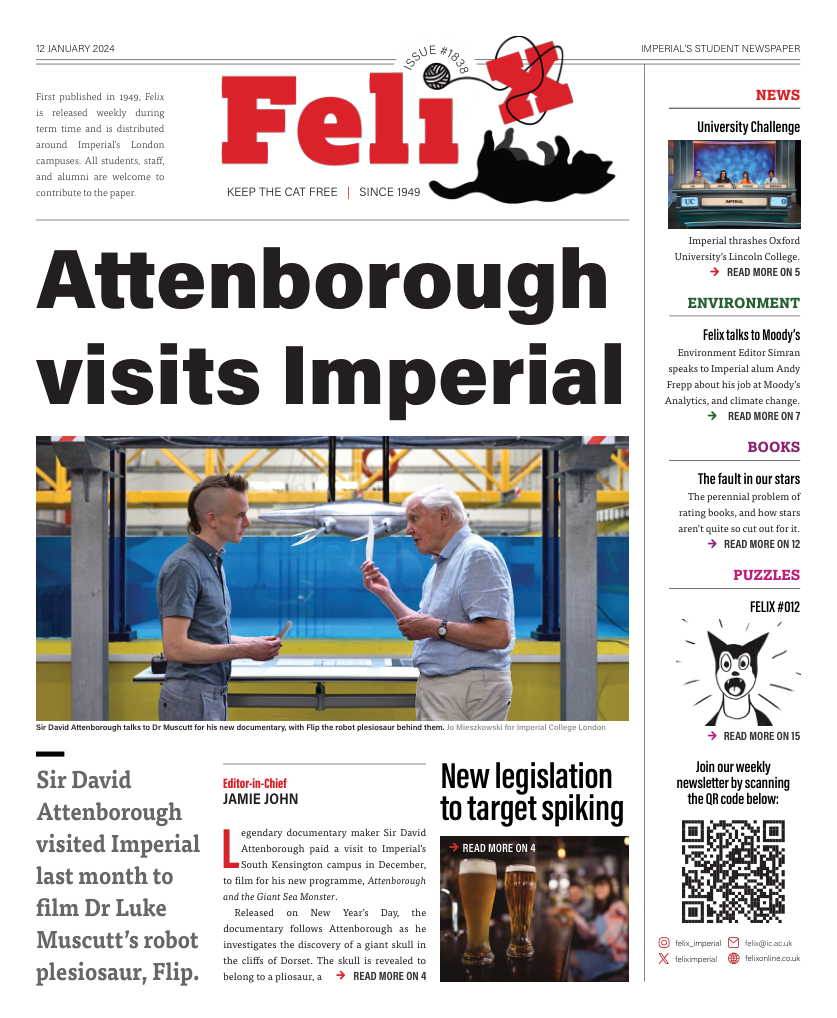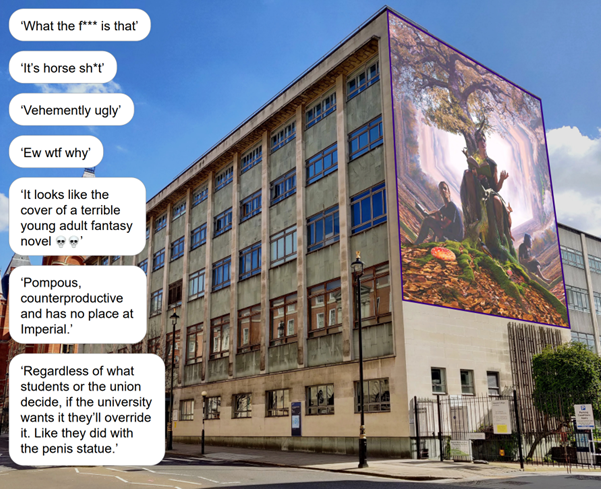New legislation to tackle spiking
The government last month announced new legislation to make it clear that spiking – putting alcohol or drugs into another person’s drink or body without consent – is a crime.

The government last month announced new legislation to make it clear that spiking – putting alcohol or drugs into another person’s drink or body without consent – is a crime. The change comes as part of a wider package that includes the training of hundreds more door staff to spot potential perpetrators and signs of spiking in patrons.
Other measures announced include:
- Investment in research into spiking test kits, that will enable venues and police to detect if someone’s drink has been spiked in real-time.
- Intensive operations to tackle spiking during key weeks, run by the National Police Chiefs Council (NPCC).
- An online tool to make it easier for people to report spiking anonymously.
- Support for the higher education regulator, the Office for Students, as it takes action to ensure universities and other higher education institutions prevent and address misconduct.
It is already illegal to maliciously administer ‘poison or [any] other destructive or noxious thing’ with the intent to endanger someone’s life, or inflict grievous bodily harm, under the Offences Against the Person Act 1861. But the new legislation updates part of the act to clarify that ‘without any doubt, spiking is illegal.’ It will be backed by separate guidance, set in law, to provide a clear, unequivocal definition of what spiking is.
Campaigners have welcomed the government’s crackdown, but expressed frustration that the crime is not considered a specific criminal offence. The government has argued that spiking is already covered under existing offences, so a new separate law is unnecessary. Campaigners say a separate law would encourage victims to come forward, simplify legislation, and improve police data.
From 2018 to 2022, drink-spiking offences in London more than quadrupled, according to data from the Metropolitan Police.









